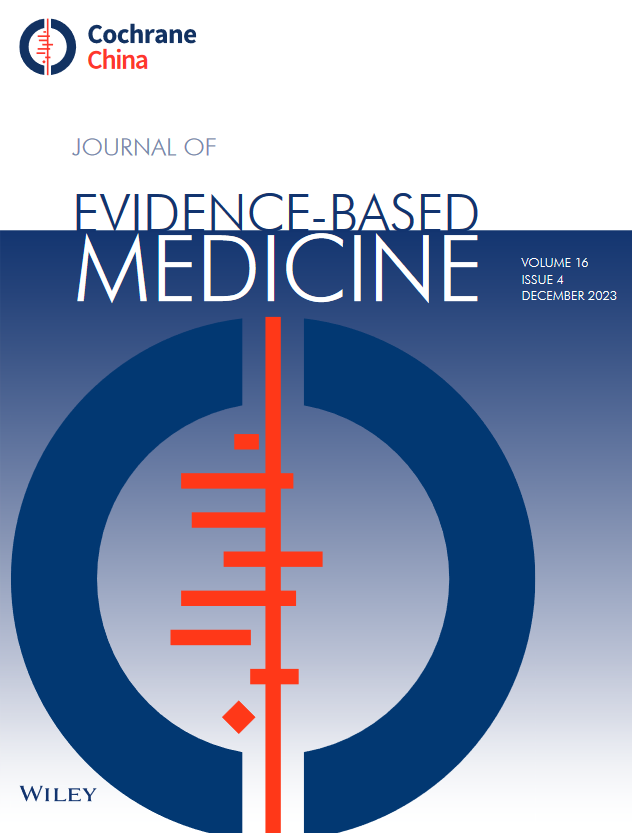Step count and multiple health outcomes: An umbrella review
Abstract
Objective
This study aimed to quantify the association between step count and multiple health outcomes in a healthy population.
Methods
PubMed, Embase, Web of Science, and The Cochrane Library were systematically searched for systematic reviews and meta-analyses from inception to April 1, 2022. Literature screening, data extraction, and data analysis were performed in this umbrella review. The intervention factor was daily step counts measured based on devices. Multiple health outcomes included metabolic diseases, cardiovascular diseases, all-cause mortality, and other outcomes in the healthy population.
Results
Twenty studies with 94 outcomes were identified in this umbrella review. The increase in daily step count contributed to a range of human health outcomes. Furthermore, the special population, different age groups, countries, and cohorts should be carefully considered. Negative correlation between step counts and the following outcomes: metabolic outcomes, cardiovascular diseases, all-cause mortality, postural balance, cognitive function, and mental health. However, there was no association between participation in the outdoor walking group and the improvement of systolic blood pressure and diastolic blood pressure. Analysis of the dose–response association between increasing daily step count and the risk of cardiovascular disease events and all-cause mortality showed a substantially linear relationship.
Conclusion
A wide range of health outcomes can benefit from the right number of steps.

 求助内容:
求助内容: 应助结果提醒方式:
应助结果提醒方式:


